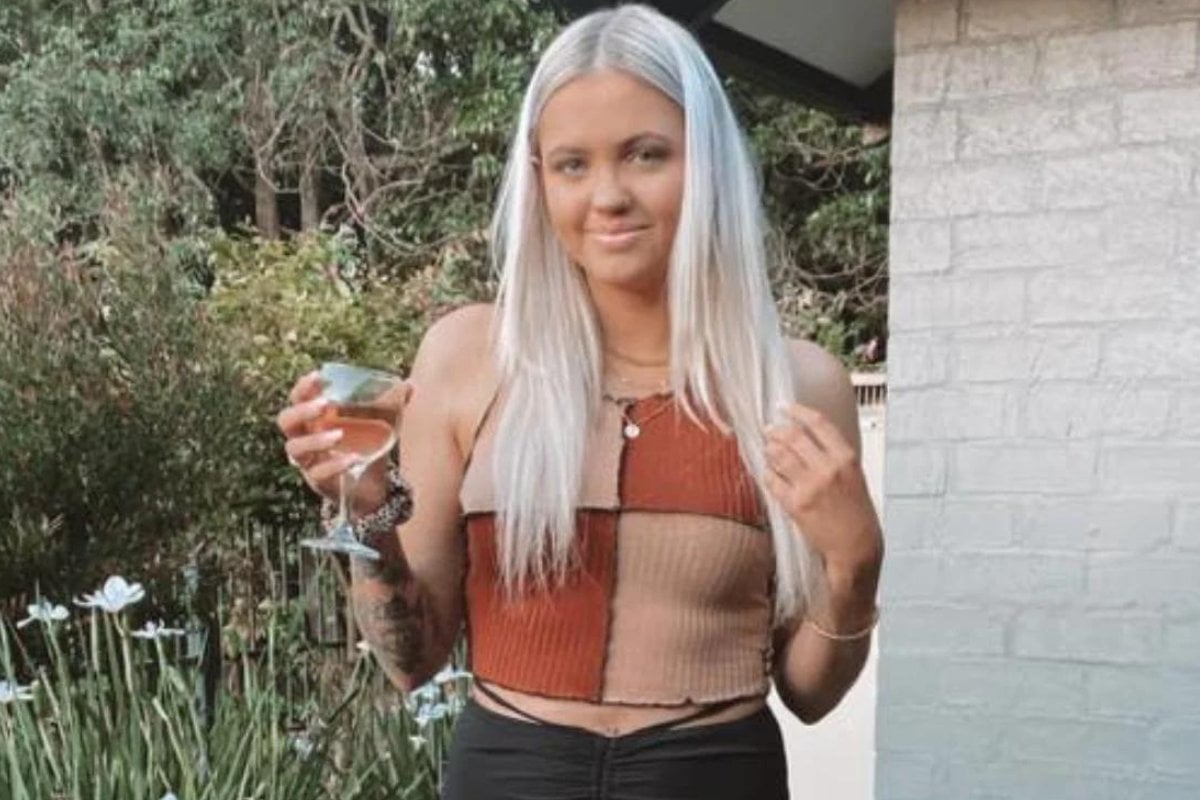
Every November since 1991, an international campaign has kicked off on the 25th day of the month.
The 16 Days of Activism against Gender-Based Violence was started to try to bring awareness and encourage individuals and organisations to take a stand.
We're currently on day 13.
In that time, three women have been allegedly murdered in Australia.
On November 30, emergency services were called to a home in Melbourne where they found the body of a 51-year-old woman in the garage.
Her daughter had discovered her.
Her husband has been charged with murder.
A few days later, on December 3, mother-of-three Nelomie Perera was found dead in a home in Sandhurst.
The 43-year-old had been stabbed, and her husband has been charged with allegedly murdering her.
Their kids were at home at the time.


Top Comments